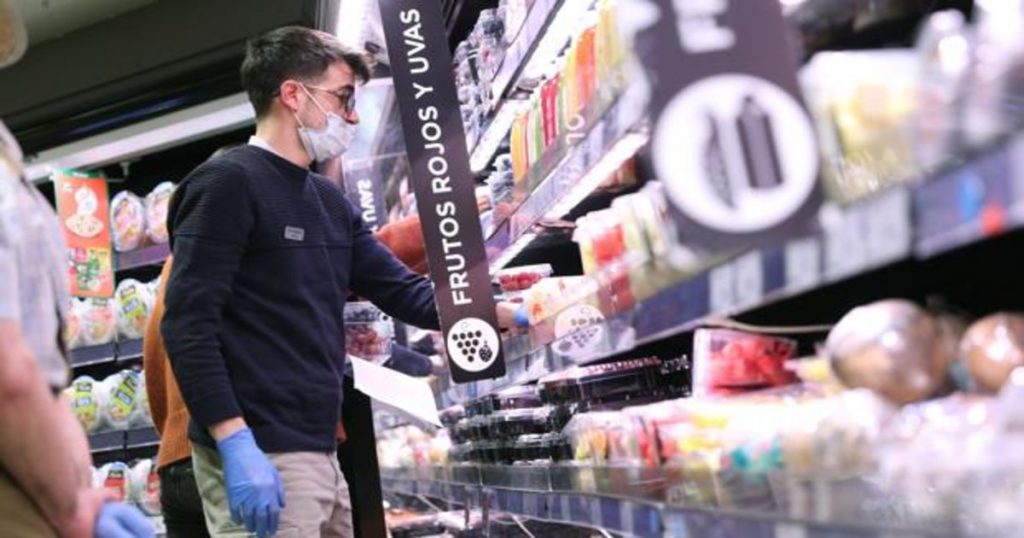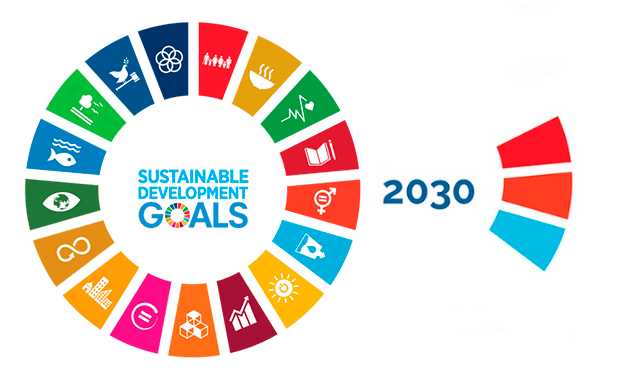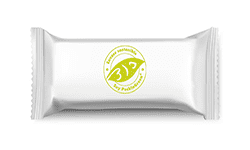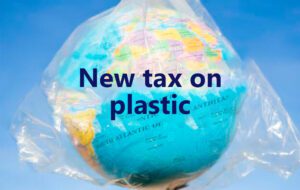New perspective raised by Covid-19 increases consumption of flexible packaging
The arrival of the coronavirus has changed our consumption habits, among many other aspects. The consumers we have increased our purchasing volume during the first stage of Covid19 and subsequently, according to several market studies, we have started to be more selective in the choice of the food we buy in supermarkets, hypermarkets or grocery shops.
And this is where packaging plays a fundamental role, on the one hand, helping perishable products to have a longer shelf life and reducing food waste, and on the other hand, contributing to the care of the environment by using more sustainable packaging.

Environmental issues
The current pandemic situation has reinforced the need to take care of the planet, as we have been able to see how the stoppage of activity has had a positive impact on our natural environment.
The environmental problems generated by incorrect packaging management and the difficulties in the recycling systems of multilayer flexible packaging represent a global problem in which the different sectors involved must work in the same direction, from the suppliers of raw materials to the end consumer.
Europe 2030 Agenda and its sustainability goals
The plastic packaging sector already began to suffer its particular moment of difficulty when the EU established in 2018 that by 2030 all plastic packaging marketed in EU territory must be reusable, compostable or recyclable.
The Ministry for Ecological Transition sets out a series of key milestones to be developed over the next few years that will help us to achieve the 17 SDGs or European Union sustainability goals.
January 2021
No more single use plastic bags. T-shirt bags must be at least 50µ and made of more than 70% recycled material
July de 2021
Cotton sticks, plastic cutlery and plates, straws or sticks to hold balloons as well as polystyrene foam containers and cups or oxo-degradable plastic containers will be banned
January 2023
From 1 January take-away food recipients and cups or lids will have to be charged to the consumer
2025
Recycling of plastic packaging of at least 50%. At least 77% of plastic bottles on the market to be separated and free tap water to be offered in bars and restaurants
2026
The commercialization of take-out containers will have to be reduced by 50%, compared to 2022; And in 2030, that reduction should be 70%, also with respect to 2022
2030
The 2030 Agenda sets as a target that 100% of plastic packaging should be reusable, recyclable or compostable
The real sustainable alternative
Our PackInGreen® proposal proposes the replacement of non-recyclable packaging with new sustainable solutions of vegetable origin which, at the end of their life cycle, are reintroduced into nature through natural compost.
Sustainability in packaging systems is a global necessity, and forms part of the new normality to which we should adapt, because the health of our planet deserves it.





